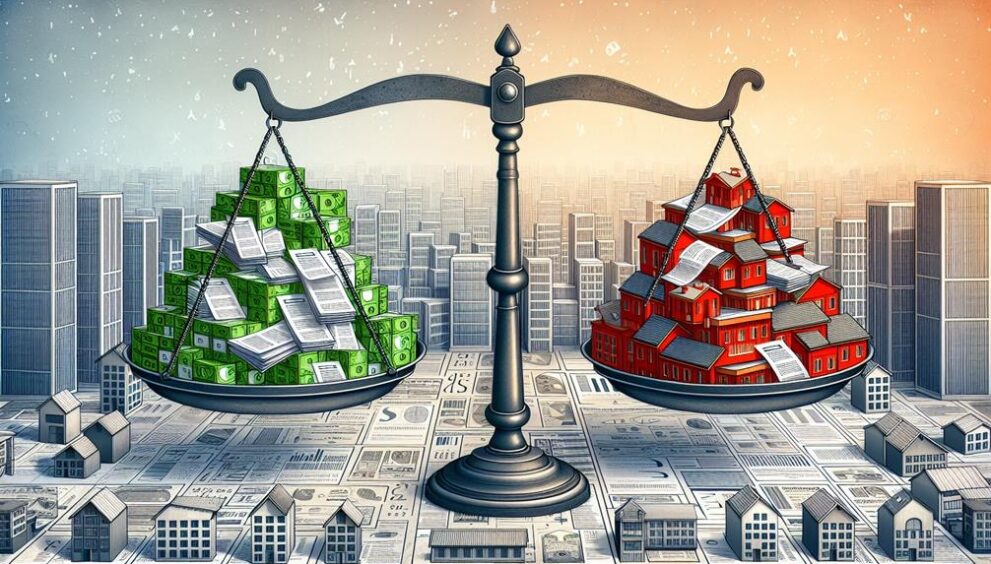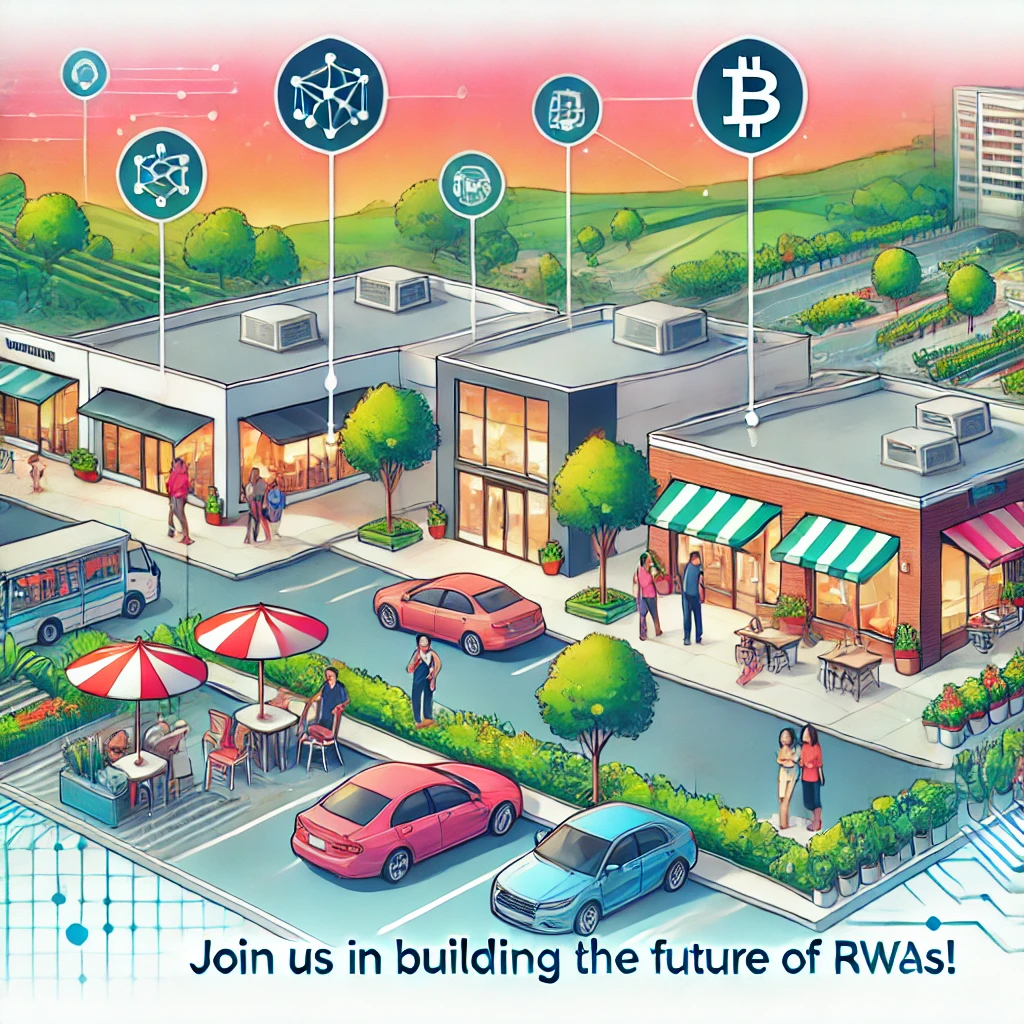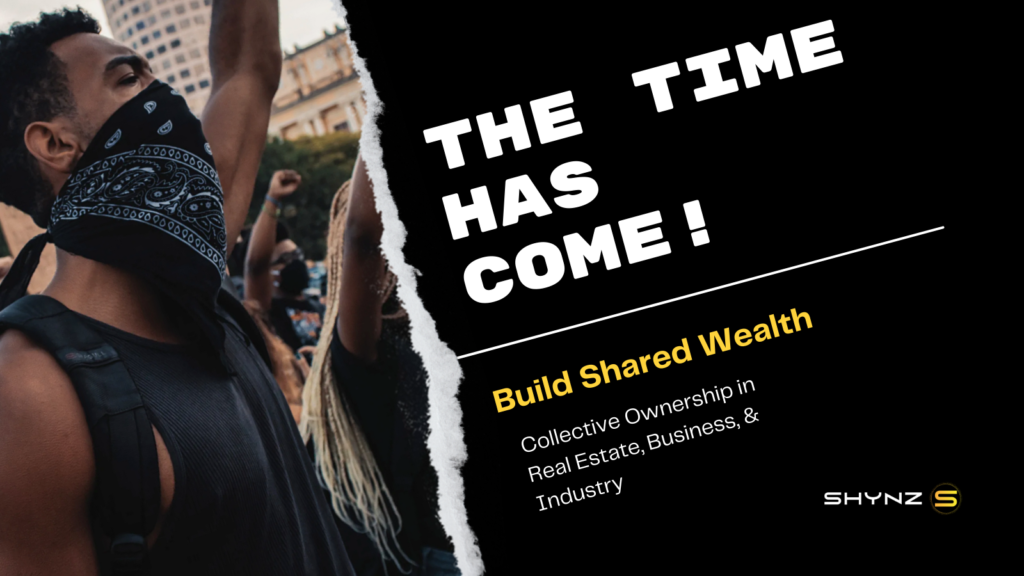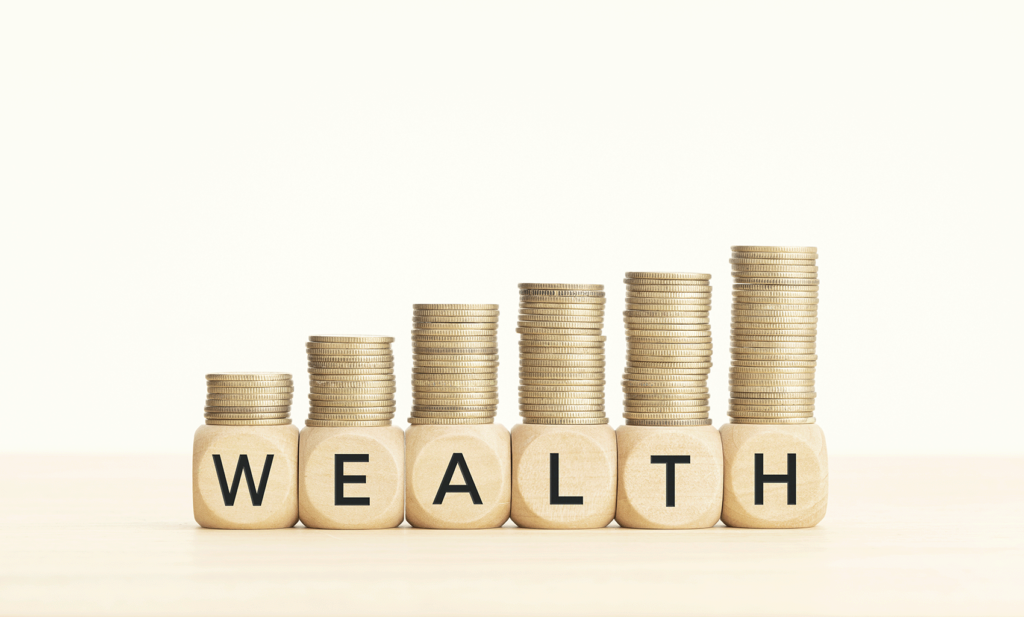A New Dawn for America – Embracing an Equity-Based Economy

Introduction
Imagine an America where financial stability isn’t a distant dream but a shared reality. Picture a nation where every citizen has a stake in our collective success, not just a share in our collective debt. We stand at the precipice of a historic transformation, one that could redefine prosperity, equity, and sustainability for generations to come. This is not a utopian vision but a practical, achievable future through the adoption of an equity-based economy; a system that rewards contribution, collaboration, and long-term value creation.
The spark for this article was ignited from a trio of bold, hypothetical scenarios: imagine if 75% of Americans suddenly refused to pay their debts, if the government boldly decided to let banks falter without rescue, and if we introduced a revolutionary digital currency where value is minted before the money. This article dives into these provocative what-ifs to forge a path toward a new economic dawn.
“And I sincerely believe… that banking establishments are more dangerous than standing armies; and that the principle of spending money to be paid by posterity, under the name of funding, is but swindling futurity on a large scale.”
Thomas Jefferson – stated in an 1816 letter to John Taylor


The Current Crisis
For decades, the cracks in our debt-based system have grown wider, culminating in recurring financial crises that leave millions in economic despair. Today, nearly 75% of Americans are burdened by unsustainable debt, and the middle class—once the backbone of our nation—is disappearing. Banks are failing, credit markets are freezing, and economic inequality has reached historic levels. This isn’t just a failing system; it’s a system that perpetuates instability and inequity.
However, within this crisis lies an unprecedented opportunity for change. The status quo is unsustainable, but we have the tools and vision to forge a new path; one that prioritizes equity, shared prosperity, and resilience.
The Initial Fallout and Effects
The moment 75% of Americans default on their debts, the economic landscape would transform into chaos overnight:
- Credit Market Collapse: Lending institutions would face an immediate liquidity crisis as loans turn into non-performing assets, leading to a sharp contraction in available credit.
- Bank Failures: Without government intervention, numerous banks would go bankrupt, unable to recover from the sheer volume of defaults. This would initiate a domino effect, potentially leading to systemic failure across the banking sector.
- Asset Value Plummet: Foreclosures and repossessions would flood the market, causing real estate and vehicle prices to plummet, drastically reducing the asset value that banks could recover from their collateral.
- Economic Paralysis: Consumer spending would drop as credit dries up, business investments would freeze, and the economy would teeter on the brink of a severe recession or even a depression.
- Public Panic: The public would experience widespread panic, leading to bank runs by those with remaining faith in traditional banking, further destabilizing the financial sector.
- Legal and Administrative Gridlock: The courts would be overwhelmed with foreclosure and bankruptcy cases, creating a backlog that would delay any form of recovery or restructuring.
This initial fallout would serve as a stark wake-up call, highlighting the fragility of our debt-based economic system and setting the stage for a radical rethink of how we manage our nation’s wealth and prosperity.
The Proposal: An Equity-Based Economic Revolution
- A New Digital Currency (NDC):
Imagine a currency backed not by speculation but by tangible contributions to society. Each unit of this New Digital Currency (NDC) could be tied to measurable achievements like jobs created, renewable energy generated, or patents filed. By linking currency issuance to real economic value, we can prevent inflation and speculative bubbles while fostering innovation and sustainability. - Debt-to-Equity Conversion:
Picture your mortgage not as an ever-growing burden but as an investment in community-owned land. Under this model, businesses could convert their debts into equity, transforming creditors into stakeholders who are directly invested in their success. This paradigm incentivizes sustainable growth and long-term value creation over short-term profit extraction. - Cooperative and Community Models:
Workers should own the fruits of their labor, and communities should have control over their assets. Cooperative businesses and community land trusts can distribute wealth more equitably and give individuals a say in decision-making. This isn’t just about sharing profits—it’s about sharing power and fostering accountability. - Universal Basic Assets:
What if every American had a stake in the nation’s assets? Universal Basic Assets (UBA) could include shares in clean energy projects, public infrastructure, or technology initiatives. By directly connecting citizens to the nation’s wealth, we can ensure collective advancement benefits everyone. - Stakeholder Capitalism:
Companies should prioritize the interests of all stakeholders, not just shareholders. This means embedding profit-sharing, environmental stewardship, and community reinvestment into corporate governance. Such a shift would redefine success, making it synonymous with societal and environmental well-being.
Why This Change is Necessary
- Equity Over Debt:
Our current system traps many in a cycle of debt, where work yields little reward. An equity-based model ensures that as the nation’s economy grows, so does individual wealth and security. - Sustainability:
Linking currency creation to real economic value curbs inflation and speculation while directing resources toward advancements in technology, green energy, and education. - Community and Collaboration:
This new model fosters a culture of collaboration, replacing cutthroat competition with mutual upliftment. Success will be measured not by individual gain but by collective progress. - Reducing Inequality:
When everyone has a stake in the economy, wealth distribution becomes more equitable. Prosperity becomes a shared outcome, not an exclusive privilege.
The Path Forward
- Public Education:
We need a national conversation about what prosperity truly means. Schools, media, and community leaders must champion the principles of equity-based economics, demystifying its concepts and highlighting its potential. - Legislation and Policy:
Legal frameworks must support this shift. Tax incentives for cooperative businesses, policies promoting debt-to-equity conversions, and regulatory structures for NDC issuance are essential steps. - Grassroots Movements:
Local initiatives can act as proving grounds for this new model. Pilot programs in communities can demonstrate its feasibility and scalability, paving the way for broader adoption. - Global Leadership:
By pioneering an equity-based economy, the United States can set a global example, inspiring other nations to adopt more just and sustainable economic systems.
Conclusion
This is more than an economic shift; it’s a societal transformation. We have the opportunity to move from a debt-driven, crisis-prone system to one defined by equity, collaboration, and shared prosperity. The future doesn’t have to be a repetition of the past. Together, we can craft a new narrative for America, one where equity, not debt, defines our legacy.
The time to act is now. Advocate for an equity-based economy by signing petitions, engaging in discussions, voting for change, and investing in your community. Let’s make this vision a reality. Your stake in America’s future starts today.


 English
English 

























